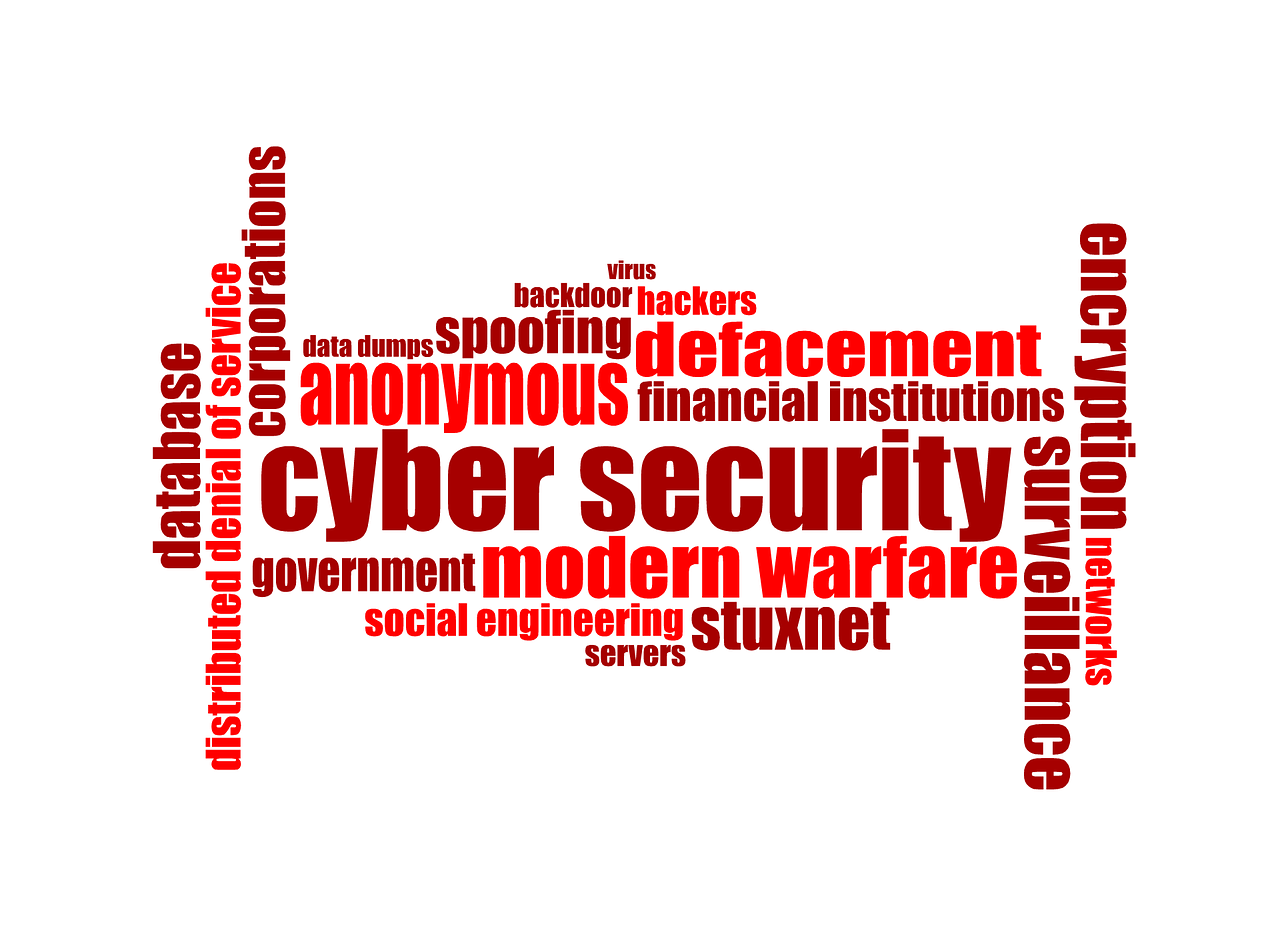Cyber attacks are on the rise, and your website security is no longer optional. Imagine your website as a house. Would you leave the doors and windows open, inviting thieves in? Probably not. The same principle applies in the digital world. Let’s discover together how you can effectively protect this virtual “house”.
The importance of website security
Cyber attacks can seriously affect your business, from losing sensitive data to damaging your reputation. Studies show that 43% of cyber attacks target small businesses, which are often unprepared to deal with them. Investing in security measures can save your business from potential financial and image losses.
Basic security measures
Using HTTPS
What is HTTPS and why is it crucial? HTTPS (HyperText Transfer Protocol Secure) encrypts data transmitted between the user’s browser and the server, protecting sensitive information from interception. It’s the equivalent of a bulletproof door for your website.
Implementation:
Obtain an SSL certificate from a trusted provider.
Configure your server to use this certificate.
Redirect all HTTP traffic to HTTPS.
Statistics:
85% of users will not buy from a site that doesn’t use HTTPS.
Constantly update your software
Importance: Every software update includes security patches that fix discovered vulnerabilities. Ignoring these updates is like leaving a window open for hackers.
Implementation:
Configure automatic updates for your CMS, plugins, and themes.
Monitor and manually apply security patches for specific software.
Statistics:
70% of hacked sites use outdated software.
Use strong passwords and two-factor authentication
What does it mean and why does it matter? Simple passwords are easy for attackers to guess. Two-factor authentication adds an extra layer of security by requiring not only the password but also a unique code sent to the user’s phone.
Implementation:
Create rules for complex passwords (at least 12 characters, combining uppercase and lowercase letters, numbers, and symbols).
Enable two-factor authentication for all administrative accounts.
Statistics:
Accounts protected with two-factor authentication are 99.9% less likely to be compromised.
Regular backups
Importance: Backups are essential for recovering data in the event of an attack or hardware failure. Think of them as an insurance policy for your website.
Implementation:
Set up an automatic daily or weekly backup schedule.
Store backups in different locations (local and cloud).
Statistics:
60% of companies that lose important data go out of business within six months.
Protect against DDoS attacks
What are DDoS attacks and how to protect yourself? Distributed Denial of Service (DDoS) attacks flood the server with fake traffic, making the website inaccessible to legitimate users.
Implementation:
Use DDoS protection services offered by hosting providers or dedicated services.
Configure firewalls to detect and block suspicious traffic.
Statistics:
The number of DDoS attacks increased by 15% in 2023 compared to the previous year.
Regular vulnerability scanning
Why is it essential? Periodic scans help identify weaknesses before hackers exploit them. Think of them as regular inspections to prevent major problems.
Implementation:
Use vulnerability scanning tools provided by cybersecurity companies.
Review the reports and apply the recommended fixes.
Statistics:
Regular scans can reduce the risk of cyberattacks by up to 50%.
Conclusion
Implementing basic security measures on your website is not just a protective measure, but a necessity. Every business, regardless of size, can be a target for cyberattacks. Therefore, protect your digital “home” with care and vigilance.



